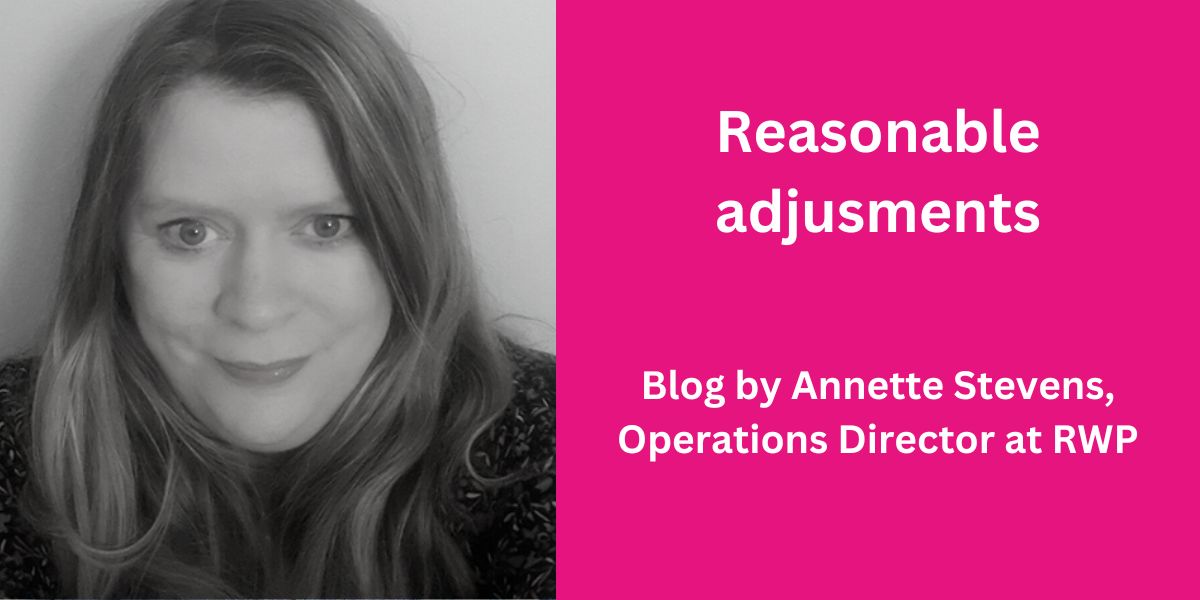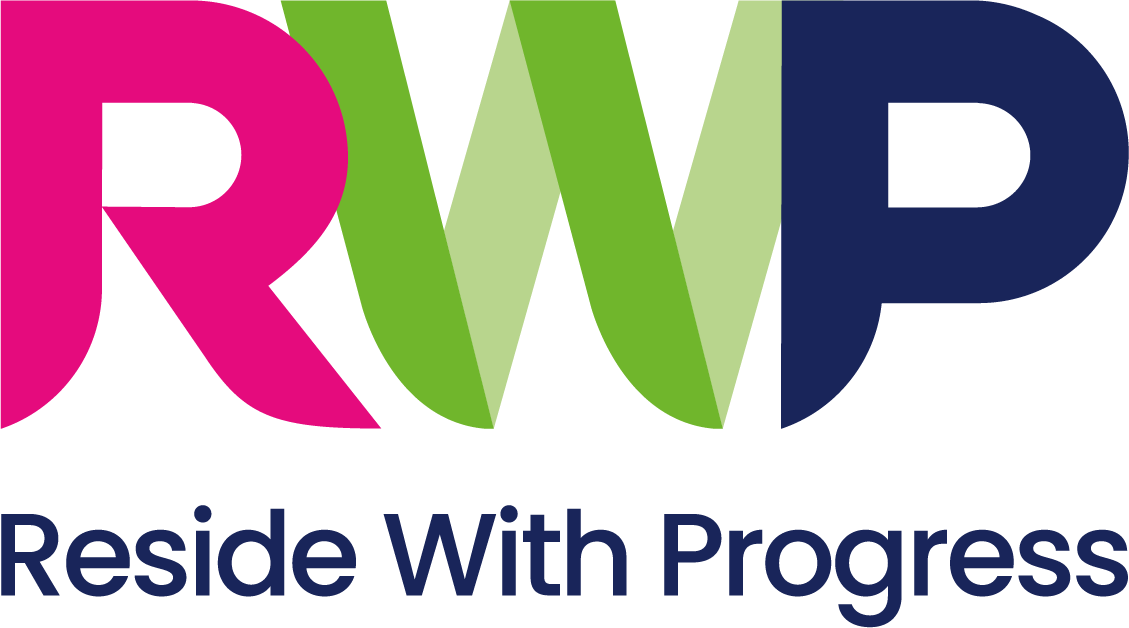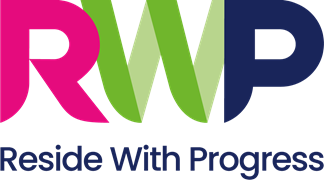
Annette’s blog: reasonable adjustments
Latest news
Annette Stevens, Operations Director at RWP, explains how to recognise vulnerability and additional needs, and reviews Progress Housing Group's approach, which RWP is part of, to reasonable adjustments. Annette also shares practical guidance for supporting tenants who have additional needs.
What is a reasonable adjustment?
A reasonable adjustment involves making a change to the way that we usually do things to enable people to access services we provide. There is no prescribed list of reasonable adjustments we can make, as this will depend on the individual needs.
In terms of what is ‘reasonable’, the Equality and Human Rights Commission suggests that the most relevant points are:
- The effectiveness of the adjustment(s) in preventing or reducing the disadvantage for the individual
- The practicality for us to make the relevant adjustment(s)
- That availability of our resources including external assistance and finance
- Any disruption to the service that making the relevant adjustment may cause
Why is this important?
Not only do we have a legal duty to do this, but we also need to ensure no one is at a disadvantage, for example, because of their disability.
What examples are there of reasonable adjustments for tenants?
- Providing information in accessible formats, such as large print, pictorial, or braille
- Offering additional time to when dealing with complaints.
- Providing an interpreter (including sign language) when appropriate.
- Providing services or appointment times to take account of special circumstances.
- Disabled adaptations to our properties.
What is vulnerability?
There is no one definition. Any one of us at any point in our lives may be more vulnerable, and as a result, we may need more help and support. Examples are at times of grief or if someone is a victim of anti-social behaviour
We should be able to adapt our services to help people who may have additional needs, be they permanent or temporary.
How will we support people who identify as vulnerable or who need extra support?
Where we identify vulnerability, we will consider how we can best offer support, from helping tenants to access additional services to helping tenants sustain their tenancy. The examples below are not exhaustive.
Accessing additional services
Assisting tenants in accessing additional services that they may need through our Tenant Support and Wellbeing Service and our tenant sustainability service.
Power of attorney
Recording any known third-party representatives who act as a ‘delegated authority’ or with power of attorney to act on the tenant’s behalf
Considering additional needs
- Considering any additional needs and where appropriate making reasonable adjustments to service delivery.
- Adapting our communication style, finding out and adhering to preferences of additional communication support, such as, writing things down, or recording meetings so they can be played back later.
Making appropriate referrals
- Making appropriate referrals to our own advice and support services to provide enhanced support where appropriate to do so.
- Referral to partner support agencies where appropriate to ensure equal access to services.
Safeguarding
- Reporting any safeguarding concerns for adults at risk or children (i.e. domestic abuse, physical, emotional, or financial abuse) to the relevant local authority in accordance with our safeguarding policies.
Reasonable Adjustment Policy
Progress Housing Group, which RWP is part of, has developed a Reasonable Adjustment Policy to guide colleagues when delivering services about how we can adapt our services to meet individual needs.
We are reviewing our systems. We would like to hear from you!
Over the next few months, we will be looking at how we can raise awareness and better use our systems to help us to better understand our tenants’ needs.
If you are interested in getting involved please email Annette Stevens at astevens@progressgroup.org.uk

